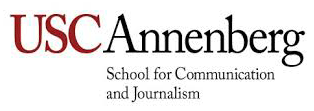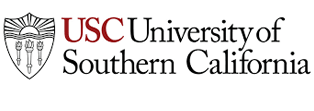
Public access computing (PAC) venues bring the benefits of computers and the Internet to a broad sector of the population of Latin American countries. While most previous studies have looked primarily at telecenters, this study of PAC venues explores similarities and differences among libraries, telecenters, and cybercafés in Colombia. This is done to assess their relative strengths and weaknesses, and to provide opportunities to make PAC more relevant for community development. We draw from interviews, focus groups, and surveys conducted in the country in 2010. While libraries tend to have strong institutional support, they are also often the least prepared to offer effective ICT services. Telecenters tend to meet the needs of underserved populations through customized training and support. Cybercafés, the most common type of PAC venue, tend to offer good customer service and hands-on support, even though their intent is not to contribute to community development. The study concludes that there are unique strengths in each type of PAC venue, as well as opportunities to strengthen partnerships and collaborations between them. From these findings, a key opportunity emerges in identifying ways to improve the collective development contribution of cybercafés, which are much more numerous in this country than telecenters and libraries combined.










